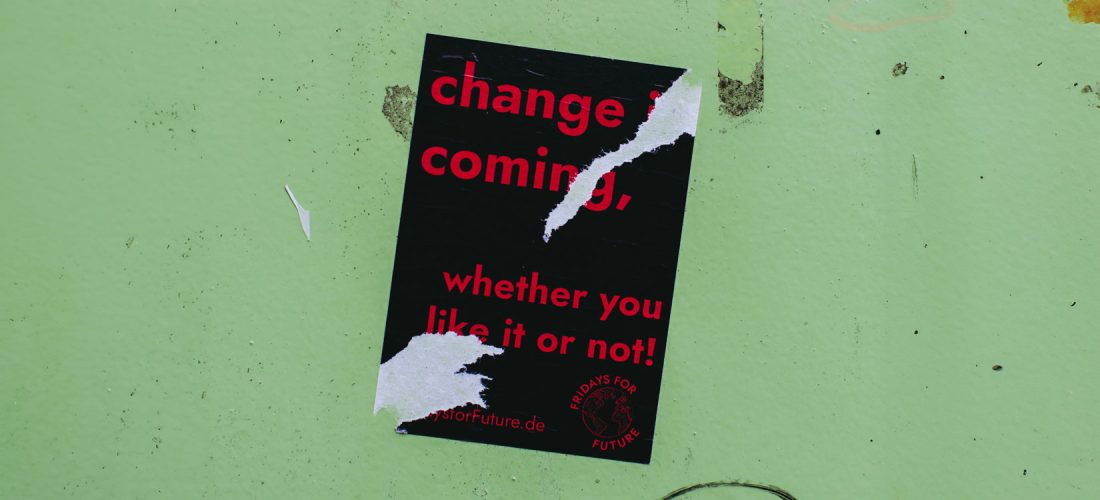
Hinweis: Das Interview ist im Kontext von ZEIT für Klima zum Thema Kreislaufwirtschaft entstanden und wurde auf Englisch geführt.
Melati, what did you lack when you first launched Mountain Mamas?
Well, when I started my social enterprise, I had absolutely no background in setting up a business, building or scaling a community. I realized: What I was missing was access to resources where I could learn those skills. That’s why I wanted to provide others with the tools I did not have.
You have created a network where young people find the tools to get started. How has your mission evolved over time?
I started when I was 12, so half of my life has happened on the forefront of change. When I started, I had no business plan, no strategy, but a clear vision. The idea of youthtopia has always been about education and youth empowerment. I’m often asked, “How do I get started?” It’s why youthtopia has focused on creating and sharing change-making skills, but also on programs that we don’t find in traditional school settings. For example, how do you speak in public? How do you build a community in times of crisis? How do you prepare a speech that moves governments or CEOs?
What makes your approach different from school curricula?
We focus on learning from each other on a peer-to-peer basis. But that’s not all. We’ve also seen huge interest, not only from students in the classroom, but also from business leaders. They turn to us young people and say, “Hey, how can we learn from you? How can we take action together?”

Melati Wijsen gründete die Umweltorganisation „Bye Bye Plastic Bags“ im Alter von 12 Jahren. Später entwickelte sich daraus das Sozialunternehmen Mountain Mamas. Die indonesisch-niederländische Aktivistin hat bereits zahlreiche Vorträge gehalten, darunter auf internationalen Bühnen wie der UNO und den TED Talks. Sie war Co-Vorsitzende des GPAP-Komitees des Weltwirtschaftsforums und feierte 2021 mit ihrem Film „Bigger Than Us“ auf den Filmfestspielen in Cannes Premiere. Mit ihrer Lernplattform YOUTHTOPIA unterstützt sie engagierte Jugendliche weltweit durch Peer-to-Peer-Programme.
Sounds like a powerful network. How long does it take to see change?
Too long. I’ve been doing this work for half of my life. Ten years dedicated to change. Half the time it feels like I’m on repeat because the need for change was so clear to a 12-year-old ten years ago. And still today, at 22, there’s still a frustration that things aren’t moving faster. We know the solutions exist. There is so much innovation, so many technologies and possibilities already out there.
How can business leaders get more involved with young people?
Oh, the list is so long. Invite us in, see it as an opportunity! There is no more business as usual. With all the constant change that is happening, young people understand it the best. Invite us into the decision-making rooms. Not just for big announcements and stage sessions, but for the brainstorming process. We want to see change, and we’re more than willing to be involved. Every day I work with young people between the ages of 12 and 25, who have their own incredible projects. They don’t wait until they graduate from high school to make these changes happen.
Why is intergenerational collaboration so significant in addressing climate-related issues?
When we ask ourselves why change is not happening fast enough, it’s because we have been stuck in the same thinking that created these problems. And we won’t get out of it unless we challenge ourselves to think differently. Let’s think outside of the box and get out of our comfort zone. The creativity of Gen Z can and will challenge the status quo.

